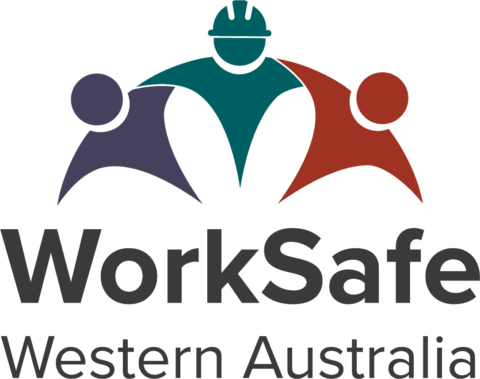About HSRs
A health and safety representative is elected by their work group to represent workers in work health and safety matters.
HSRs have powers under the Work Health and Safety Act 2020. A person conducting a business or undertaking has obligations to consult with and assist HSRs.

Health and safety representative powers and functions
An elected HSR is entitled to represent their work group in WHS matters and can:
- inspect the workplace:
- after giving the PCBU reasonable notice
- without notice if there has been a WHS risk or incident
- accompany an inspector during an inspection
- attend a meeting between a worker (or group of workers) and the PCBU or an inspector (with the worker’s consent)
- request the PCBU form a health and safety committee
- receive WHS information that affects the work group (a worker’s personal or medical information must not be provided without consent)
- request the assistance of another person.
If an HSR has completed an approved HSR training course they can exercise particular powers to:
- issue a provisional improvement notice
- direct workers to stop unsafe work.
An HSR can only use these powers for the work group they represent, unless the HSR for another work group at the workplace is unavailable and:
- there is a serious risk to the safety and health emanating from an immediate or imminent exposure to a hazard, or
- a member of another work group asks for assistance.
An HSR is not personally liable for anything done or omitted in good faith while performing their role.
Health and safety representative training
To exercise all their powers and perform all their functions a health and safety representative and deputies must attend a five-day initial training course approved by the Work Health and Safety Commission.
The PCBU must allow an HSR to attend this course, and pay course fees and other reasonable costs. The HSR is entitled to their usual pay while they attend the course.

